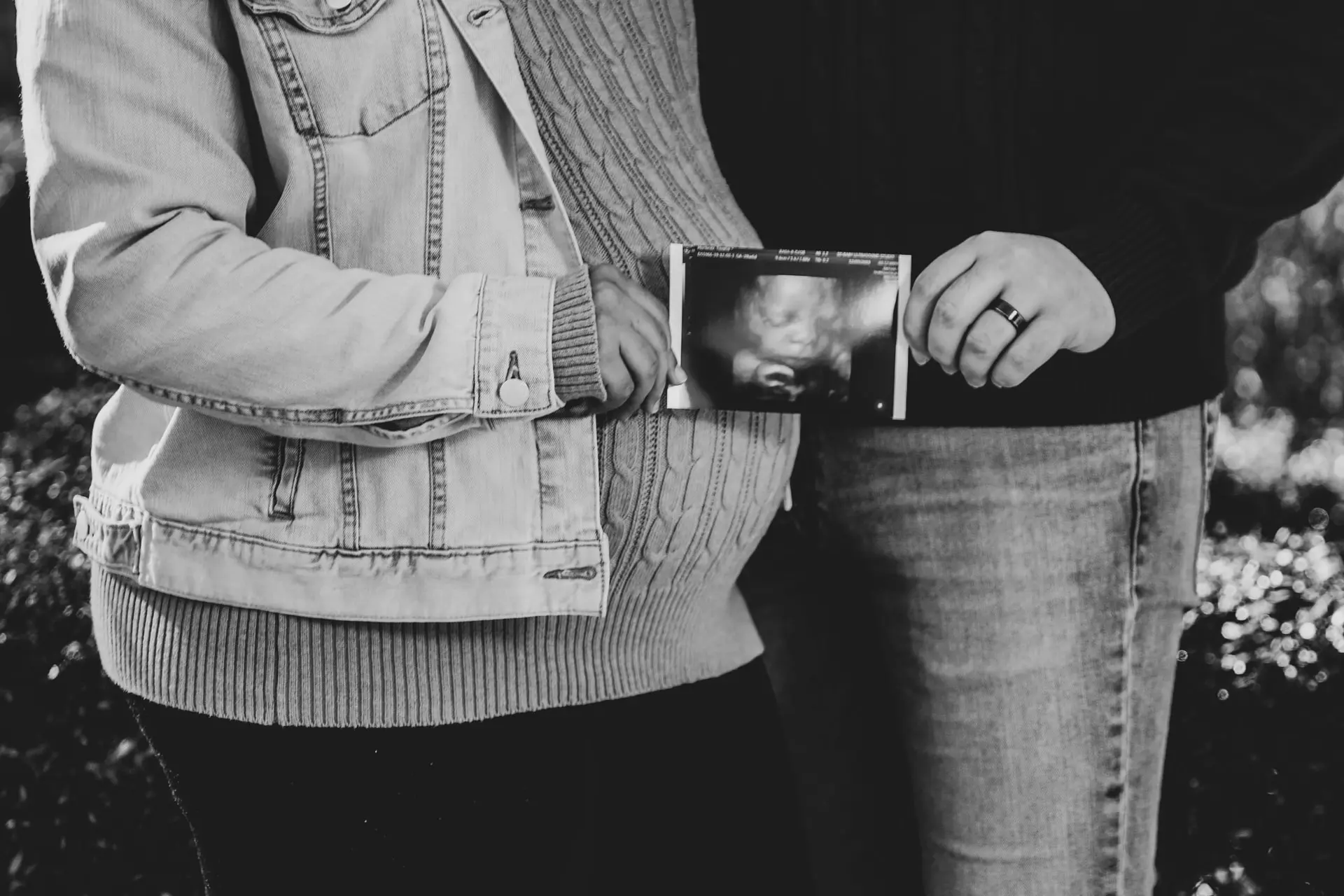How do fibroids of the womb affect pregnancy
Bismillah
Fibroids of the womb are seen in 1 in 3 women. If you get pregnant with fibroids, in the majority of women there are no problems related to the fibroid.
Fibroids are non-cancer growths of the womb. They are very common, mainly between the ages of 30-50. Pregnancy with fibroids, especially large fibroids, may affect pregnancy. The commonest symptom associated with fibroid in pregnancy is pain.
What causes fibroids
Fibroids are growths of muscle and fibrous tissue. There is no association with any particular cause. However, the female hormone oestrogen is known to fuel the growth of fibroids. These growths become smaller after the menopause.
Fibroids are not hereditary and are not passed on in families.
As there is no known cause that leads to the growth of fibroids, there is little you can do to prevent it.
Depending on symptoms you notice you will need to see your GP.
Commonest effect on pregnancy
Most pregnancies with fibroids progress smoothly.
About 10-30 in 100 women may have some problems in pregnancy due to the fibroid. 2 in 10 fibroids grow in size during pregnancy, mainly in the first three months.
The commonest issue with fibroids in pregnancy is pain. Pain is usually associated with fibroids more than 5 cm in diameter.
Generally fibroids less than 5 cm do not cause any adverse effects.
If the pain is very severe , this is usually due to red degeneration of the fibroid. Rapid growth of the fibroid may outgrow its blood supply. The cells in the fibroid die releasing substances like prostaglandins, which cause pain. Medication like Ibuprofen helps in these situations, as they oppose the prostaglandins.
Also, sometimes the fibroid may have a stalk and may twist along itself.
Remember that you must always take medication under medical supervision. If you experience pain during pregnancy, you must seek medical advice.
Other effects on pregnancy
- Miscarriage – risk is doubled depending on position of fibroid and number of fibroids. If there are many fibroids the risk is greater, and also if the fibroid is the body of the uterus.
- Bleeding during pregnancy – increased risk especially if the placenta is near the fibroid.
- Labour starting early – slightly higher chance
- Placenta- placenta may implant low in the uterus, causing bleeding. Sometimes the placenta might separate, again causing bleeding. Bleeding in these cases may be severe.
- Caesarean section – you have 3-4 fold higher chance of caesarean section as the baby may be breech, or sometimes the head may not go down because the fibroid is in the way.
- Bleeding after delivery – The uterus may not contract properly due to the fibroid. There may be increased blood loss following delivery.
Can fibroids be treated during pregnancy
It is rare that surgery would be done to remove fibroids during pregnancy.
A fibroid may be removed during pregnancy:
- If a fibroid twists around itself in pregnancy causing severe pain
- A fibroid is seen with a stalk during caesarean section and can be removed easily.
- A fibroid causes difficulty in delivering the baby at caesarean section and can be removed without much blood loss.
Treatment of fibroids before conception
If you are aware of fibroids before pregnancy, it may be useful to have a chat to your doctor.
Most women will have no trouble conceiving. If you are unable to get pregnant, your GP may refer you to a fertility specialist.
If the doctor thinks that fibroids may be stopping you from getting pregnant, there may remove the fibroid by surgery (myomectomy).
I have been told I have fibroids on my pregnancy scan
If you are pregnant and are told that you have fibroids on scan, in the majority of cases you should have a smooth pregnancy.
If the fibroids are big, your midwife will refer you to a consultant clinic. Depending on the size and location of fibroids you will have further scans to see the growth of fibroids and the baby.
If the doctor feels that the fibroid may be in the way to prevent natural birth, you may be offered a caesarean section. Sometimes, there is more than normal blood loss during caesarean section. Your doctor will inform you regarding this.
Have you had a pregnancy with fibroids in the past? Do share your experience below to help other mums in a similar situation.
